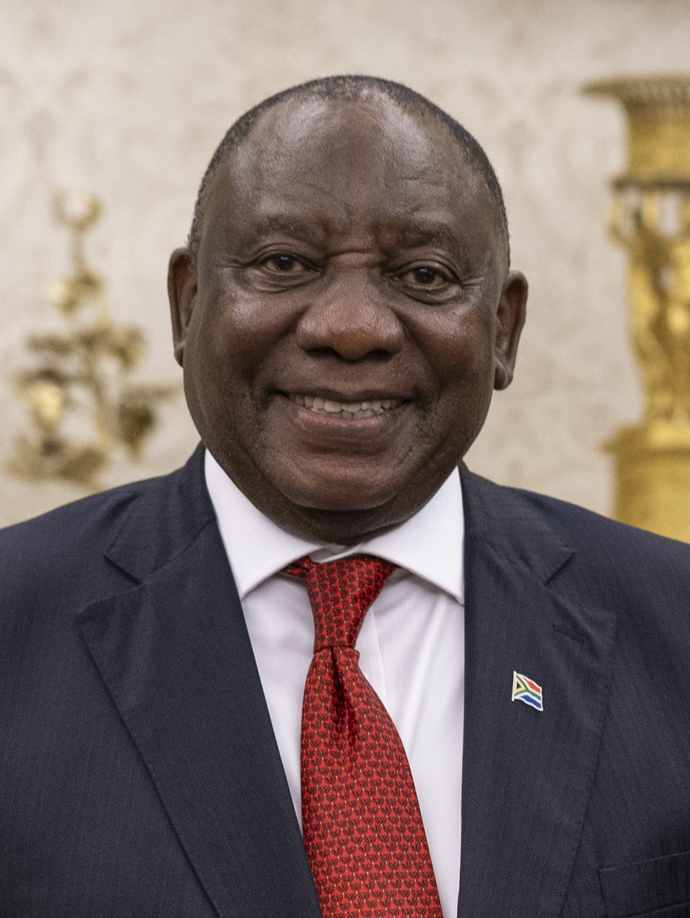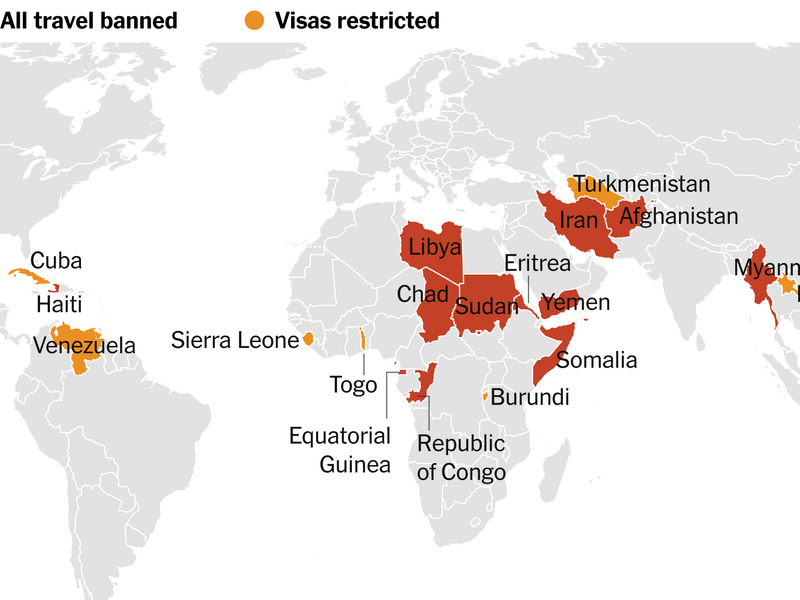Progress Through Cooperation
South Africa’s commitment to national renewal took another step forward with the establishment of the National Dialogue steering committee. President Cyril Ramaphosa hailed the move as a major breakthrough for social partnership and cooperation.
This dialogue underscores his administration’s dedication to open communication and inclusive governance.
Inclusive Representation
The steering committee, composed of voices from business, labour, traditional leadership, youth, and civil society, reflects the nation’s diversity. It ensures decisions are rooted in collective wisdom rather than political partisanship.
Secretariat for Effective Coordination
The new secretariat will streamline engagement, documentation, and outreach. Its structure allows for efficient collaboration across all provinces, ensuring that feedback from local dialogues informs national priorities.
Empowering Citizens Through Participation
The National Dialogue South Africa offers citizens the opportunity to shape policies directly. Public consultations are being rolled out to gather insights and build consensus on key areas such as social justice, education, and economic recovery.
President Ramaphosa emphasized, “The dialogue belongs to every South African. It’s about crafting a future together.”
Conclusion
With its inclusive approach and structured leadership, the National Dialogue South Africa is setting a foundation for lasting unity. By strengthening participation and dialogue, it reinforces the nation’s democratic spirit and collective resilience.
FAQs
1. What is the dialogue’s main goal?
To create a unified national vision through public participation.
2. Who leads the steering committee?
Sectoral representatives under guidance from the Presidency.
3. How will results be shared?
Through national conventions and policy reports.
4. Why is inclusivity important?
It ensures fair representation and equal opportunities for all.
5. What are the next steps?
Provincial consultations and national review sessions.



